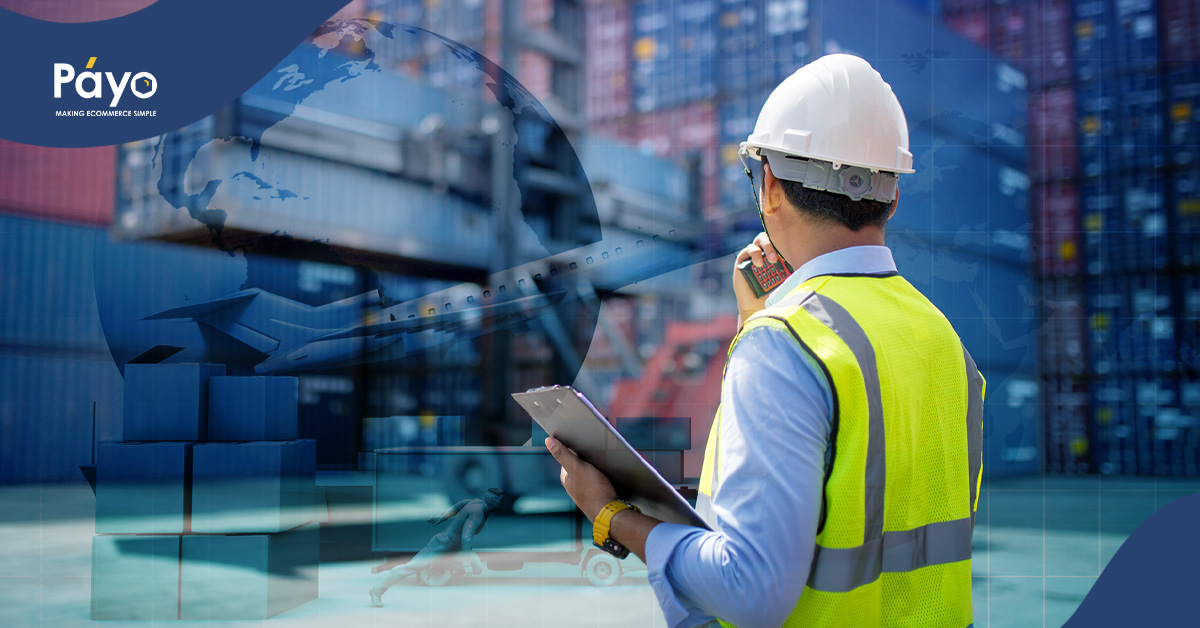

A look at logistics and its meaning
In today’s time, a logistics company in the Philippines needs to become agile to adapt to the changing landscape. Adopting trends, embracing digital, and innovating services – these are only some of the ways for one to remain competitive as a provider of logistics solutions.
For a company or merchant that’s looking for a partner, you may wonder what logistics is, its meaning, and its function. Here’s a quick read to help you better understand how everything works.
Logistics and its meaning
In business, the process of transporting, receiving and storing resources is called Logistics. Its meaning was derived from how the military managed and transported different supplies and equipment. Now, it is used mainly by businesses and encompasses transportation and warehousing functions – services provided by a logistics company in the Philippines.
Transportation refers to how products are delivered from their origin to their destination. This includes a vehicle plan, an itinerary, and a schedule to properly manage when and where goods will be picked up and dropped off.
Warehousing is all about inventory management and order fulfillment. Products are kept for storage in warehouses. As orders come in, products are taken from these warehouses, packed, and shipped to the recipient.
For goods that come from abroad, customs management becomes part of logistics. This encompasses transactions and the necessary documents needed to import or receive products through a country’s international ports.
Logistics in the Philippines
Logistics in the Philippines has rapidly evolved in recent years, and most of it was driven by the pandemic. Prior to the widespread integration of technology, processes were more traditional and were also prone to various challenges.
According to a 2019 research, among these challenges were: Traffic congestion in Metro Manila which could potentially lead to daily losses of USD 106.4 million by 2023; Manual processes that result in longer lead times and unhappy customers; and, inefficient clearance processes with customs that also leads to port congestions.
These opened up various opportunities to help avoid any further losses to the logistics sector. The same research provided digital-centric solutions including working with tech-savvy experts, partnering with digital-capable companies, and digitizing operational aspects. A year later, the adoption of these measures became necessary with the sudden boom of E-commerce.
Transformation of logistics
Logistics and its meaning rapidly changed in the last two years. Filipinos started exploring the digital marketplace while businesses ventured into online retail. Both are now present in websites, online marketplaces, and on different social media platforms, giving birth to all-new shopping behaviors in the community.
Data showed that the number of online sellers in the Philippines grew from 1,700 to more than 93,300 from March 2020 to January 2021. Annual revenues have also significantly increased from less than USD 99,000 in 2019 to over USD 170,000 in 2021. These numbers are only forecasted to grow even further in the years to come.
This change also saw the need for logistics companies in the Philippines to evolve and innovate. Apart from transportation and warehousing, companies now offer different digital solutions to help merchants and sellers grow digitally and service online customers.
Payo is an E-commerce enabler that makes for a perfect logistics partner for companies of different sizes. Aside from Warehousing and Fulfillment, Payo also offers other solutions that are handy to merchants, especially in today’s landscape. Among them are Cash-on-Delivery Integration, Marketplace Optimization, and Live Customer Support.
Need a logistics partner to help you conquer online retail? Sign up with Payo today or send us a message at [email protected]. Let’s see how we can elevate and innovate business!

